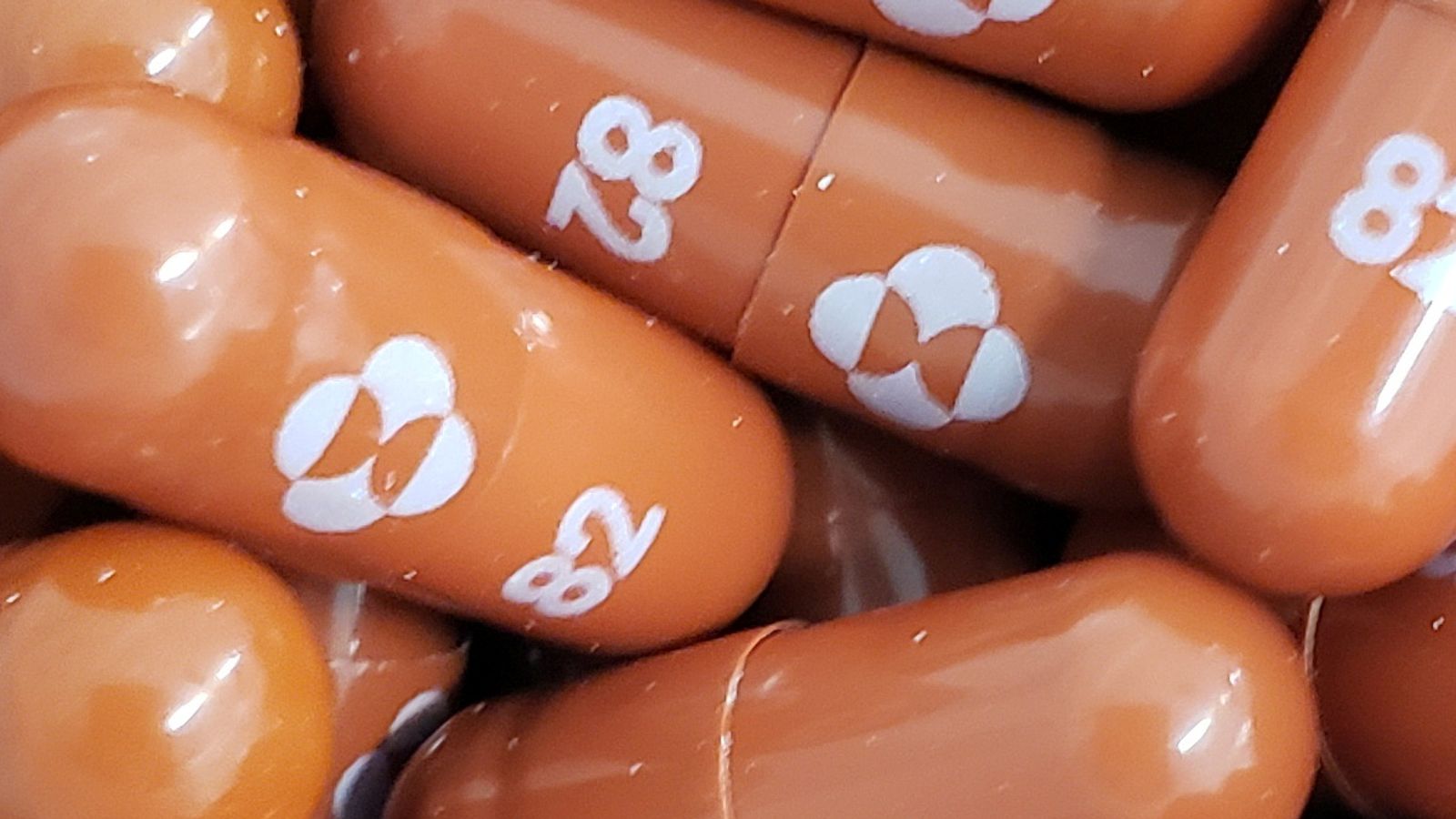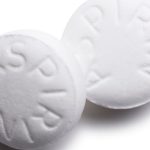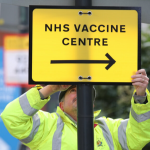The prospect of a pill to prevent severe COVID-19 is a very exciting development.
There are no cures for COVID-19 and for those unvaccinated or for whom the vaccine doesn’t work, there are few treatments available, and none of them are perfect.
Taken at face value, trial results for molnupiravir make it one of the most promising drug developments we’ve seen in the pandemic so far.
In an international trial which would have tested the drug against different variants of COVID, the drug was given to people in the early stages of infection who have one or more risk factors for severe disease.
It was found to reduce their risk of hospitalisation by 50%. The fact none who received the drug died, compared to eight who were given a dummy pill, was more encouraging still.
Compared to other COVID treatments, that’s impressive.
Dexamethasone, the low cost steroid drug which is now standard treatment for COVID in hospital, was found to reduce the risk of dying from COVID by about a third.
COVID-19: UK shows interest in coronavirus antiviral pill after trial shows it could halve hospitalisations and deaths
Business confidence in UK economy ‘falls off a cliff’ to lockdown levels in face of rising costs
COVID-19: India retaliates to UK travel curbs by requiring coronavirus tests and quarantine for Britons
Other antiviral drugs, the most promising so far being remdesivir, has to be given as an intravenous injection. Molnupiravir is a tablet that can be taken at home.
It’s a very clever drug too. Molnupiravir was under development before the pandemic began as a potential treatment for flu and other viruses.
It’s designed to look like a building block of RNA – the genetic material that makes up many viruses including COVID-19.
But inside our cells it fills copies of replicating viruses with genetic mistakes, crippling them and preventing them from spreading further.
However, as with all exciting new drug developments, more data from more patients will be needed before we know for sure just how good this medicine could be.
The data from the clinical trial has not yet been scrutinised by other scientists, and the numbers of people in this trial were small – fewer than 400 received the drug.
The overall numbers who benefitted from the medicine were smaller still 14% in the treatment group vs 7% in the placebo group.
That means quite a lot of people need to be given the medicine for it to have a real impact. That’s no problem, provided the drug is affordable and safe.
Cost is an issue with brand new antiviral drugs like these, although Merck (MSD in the UK) has promised to price it fairly in lower income markets.
The side effects also seemed acceptable in the data published so far, but drug watchdogs will want to see more information before they give a medicine like this a thumbs up.
Given we’re still averaging 122 deaths a day from COVID in the UK, despite high levels of vaccination, a drug like this could make a real difference.
Especially for those vulnerable to the disease but who are unable to have the vaccine, or unlikely to make a strong immune response to it.
No surprise that the government’s “Antiviral Taskforce”, set up to secure new treatments for COVID for the NHS, has expressed an early interest.






















